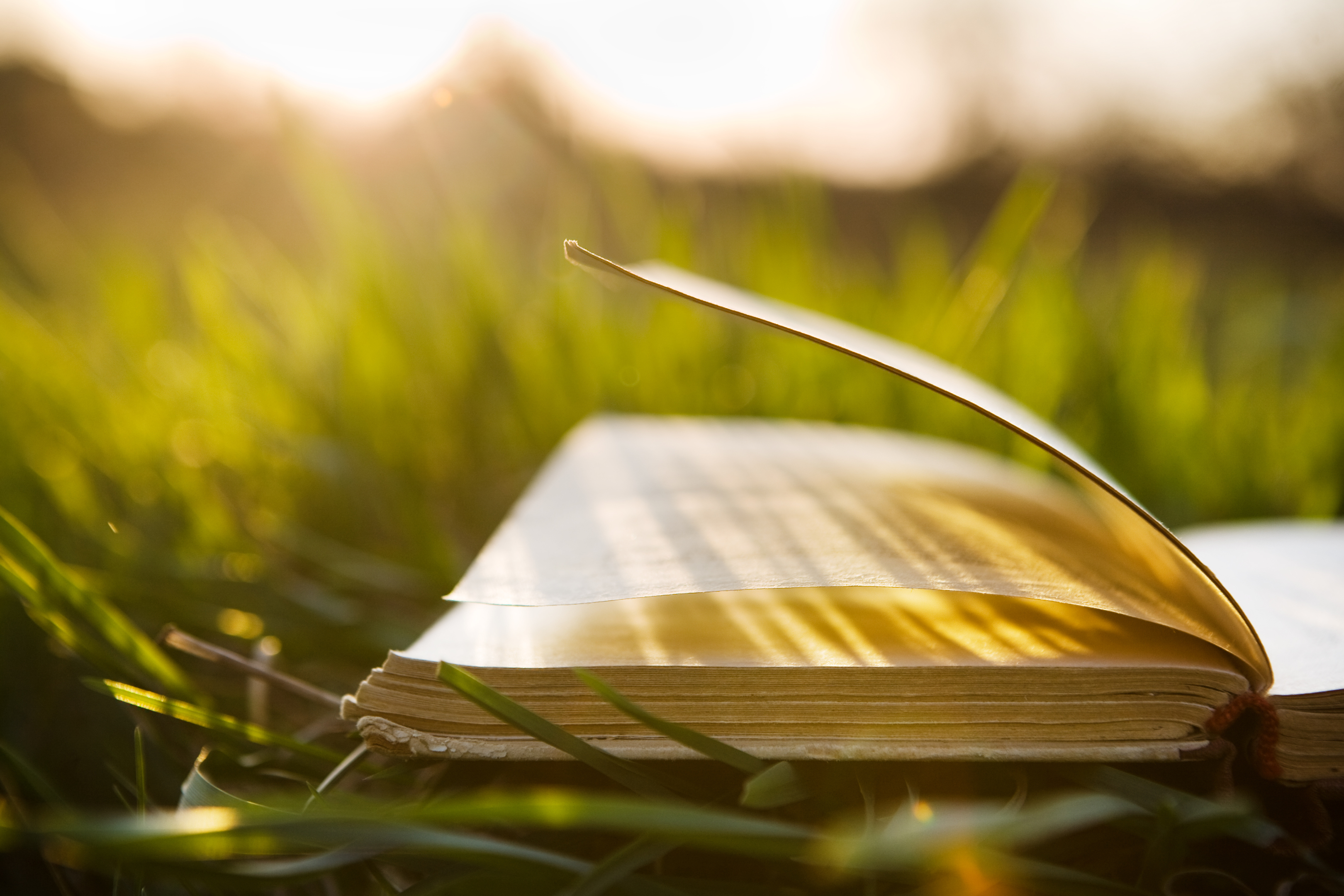
THE Wind In The Willows and Tarka The Otter are among 10 works shortlisted for a public poll to find the nation’s favourite nature book.
Poems by John Clare and Gilbert White’s seminal work The Natural History Of Selborne from 1789 are also on the shortlist which was drawn up by a panel of nature writing experts from hundreds of nominations by the public.
Contemporary works among the 10 include Fingers In The Sparkle Jar by TV naturalist Chris Packham and The Lost Words by Robert Macfarlane and Jackie Morris.
In total 213 writers were nominated, covering 278 different titles.
A three-week poll on the Arts and Humanities Research Council website will give people a chance to vote for their favourite book and the winner will be announced on the BBC’s Winterwatch programme at the end of January.
The shortlisted books are:
The Peregrine by JA Baker
Poems by John Clare
Common Ground by Rob Cowen
The Wind In The Willows by Kenneth Grahame
Findings by Kathleen Jamie
The Lost Words by Robert Macfarlane and Jackie Morris
Fingers In the Sparkle Jar by Chris Packham
The Living Mountain by Nan Shepherd
The Natural History Of Selborne by Gilbert White
Tarka The Otter by Henry Williamson.
The poll is part of Land Lines, a two-year research project by Leeds, St Andrews and Sussex Universities, looking at how nature writing in the UK has changed over the last 200 years and what it reveals about our relationship with the natural world.
Professor Graham Huggan, from the University of Leeds, who chaired the panel to pick the shortlist, said: “We were blown away by the phenomenal response from the public.
“We received hundreds of nominations and witnessed some of the extraordinarily rich conversations which took place on social media as people championed their favourite books.
“It was a very difficult decision to come up with the final list of 10.”
Panel member Miriam Darlington, nature writer and lecturer in English and creative writing at the University of Plymouth, said: “People turn to the comfort and inspiration of nature when times are tough.
“Nature books have always offered an inspiring way to connect with the wild environment, whether it’s through fiction, nonfiction, memoir, diaries or poetry. ”
She added: “These books are doing work that reconnects us, I believe; connects us to how to feel, and to see clearly what there is to be done to enjoy, appreciate and ultimately to save our cherished natural places and their wildlife.”
People can vote in the poll, which closes at midnight on January 25, at: www.ahrc.ac.uk/favouritenaturebooks

Enjoy the convenience of having The Sunday Post delivered as a digital ePaper straight to your smartphone, tablet or computer.
Subscribe for only £5.49 a month and enjoy all the benefits of the printed paper as a digital replica.
Subscribe